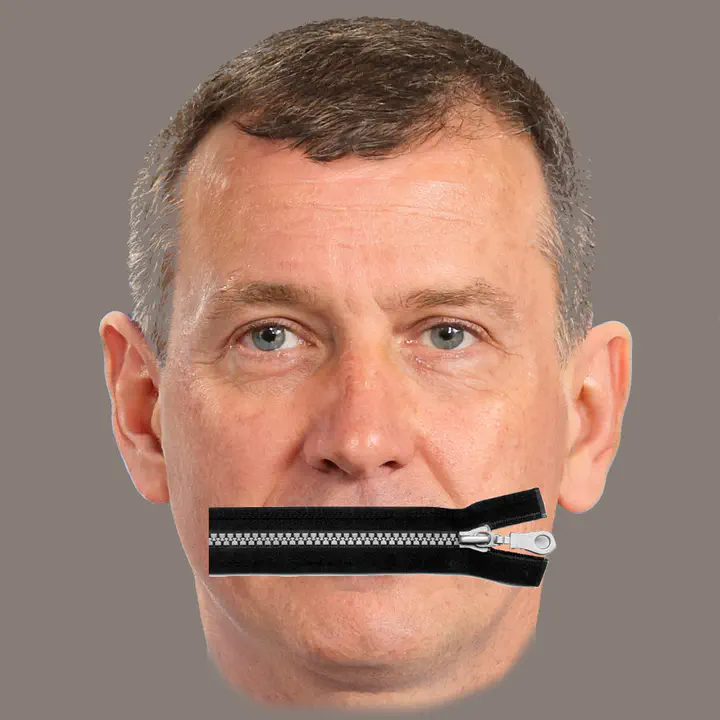Language-training induced coherency effects in stroke patients with aphasia
Is a change of coherency in EEG recordings observed either when comparing pre- vs. post rehabilitation training or when regressing over training duration?

Context
Left-hemispheric stroke can lead to different language deficits, which are a heavy burden both, for the individual and his/her social interaction, as well as for society. While spontaneous recovery in the first weeks after the stroke may reduce this so-called aphasia, many patients remain with different language problems also in the chronic phase. The rehabilitation of these stroke-induced language deficits can be brought forward in chronic patients with a novel BCI-based training approach developed in our research group. The training so far has been tested successfully in a pilot trial (see https://doi.org/10.1093/braincomms/fcac008).
Research question
To better understand the underlying mechanisms of the observed training success, we would like to investigate if the training has potentially induced some change of coherency, i.e., expressed by phase-amplitude coupling across frequencies and EEG channels. Specifically, it shall be analyzed, which changes of coherency metrics relate to a successful language training with the novel BCI-based approach.
Skills required:
- BCI background by accomplished course SOW-BKI 323 or SOW-MKI 74
- Good programming skills in Python (familiarity with numpy, sklearn, at least one popular deep learning framework).
- Good mathematical background and intuition.
- Machine learning background